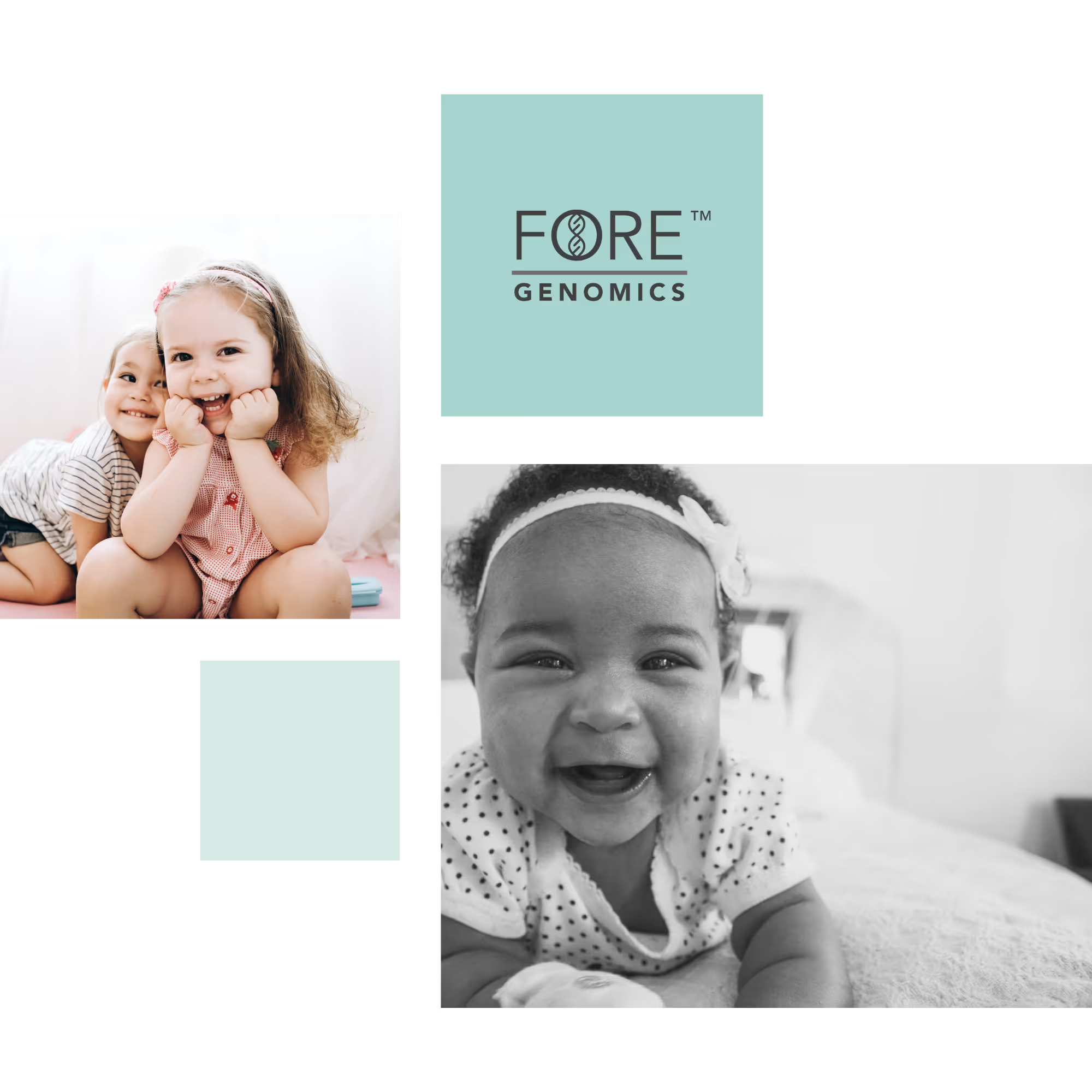Genomic screening isn’t a one-time test — it’s a lifelong tool that evolves with your child. From birth through adulthood, genetic insights shape personalized care, enable early interventions, and provide ongoing guidance for better health outcomes.

Learn about rare genetic syndromes that can affect how your baby’s brain develops—impacting motor skills, learning, or behavior. Early support can make a huge difference in your child’s future.
Some children are born with hidden heart conditions that may not show symptoms until it's too late. We screen for genetic markers linked to heart rhythm issues or structural problems—so your pediatrician can take steps early.
Metabolic disorders affect how your child processes food and energy. Left untreated, they can impact growth and brain development. Catching them early means avoiding serious complications.
Some cancers can run in families—even in childhood. We check for inherited risks for rare pediatric cancers, so you can watch for early signs and follow the best prevention plan.
If a condition runs in your family, your child might be at risk too. Our screen identifies these inherited genetic variants to help your doctor create a care plan just for your child.
Every child’s body responds to medications differently. We include results from FDA-recognized pediatric pharmacogenomic guidelines—so doctors can prescribe safer, more effective medications if your child ever needs them.
Why it matters: Early detection of genetic conditions can dramatically improve health outcomes. Identifying risks at birth enables immediate, sometimes life-saving interventions.
Examples of impact:

Why it matters: As your baby grows, some genetic conditions begin to appear. Early identification leads to more effective treatments and better long-term outcomes.
Examples of impact:

Why it matters: Genomic screening can help explain or anticipate developmental concerns, enabling personalized care during this critical period.
Examples of impact:

Why it matters: Continued genomic insights can guide your child’s health journey — from managing emerging conditions to customizing care.
Examples of impact:

Why it matters: As your child matures, genomic screening supports proactive decisions — from preventive care to reproductive health.
Examples of impact:

Explore how early genetic screening can save lives